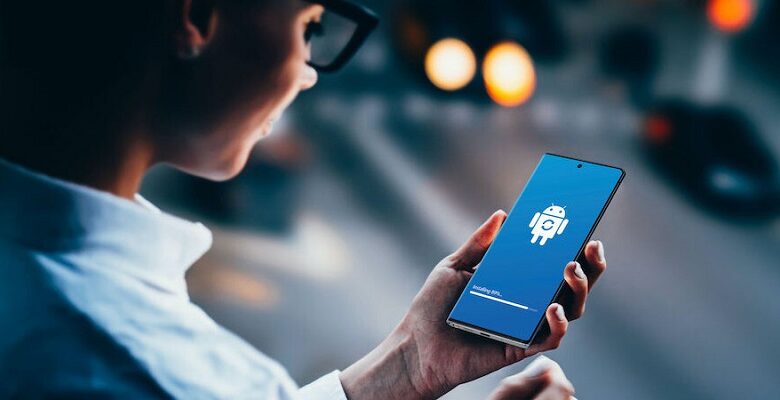Safeguarding Your Smartphone: Insights from the NSA on Mobile Device Security

News Mania Desk/ Agnibeena Ghosh/30th June 2024
Smartphones have become indispensable in our daily lives, yet they are increasingly vulnerable to cyberattacks. According to a recent report from the United States National Security Agency (NSA), taking proactive steps to protect your data is crucial in today’s digital landscape.
The NSA’s Mobile Device Best Practices report offers valuable insights into fortifying your smartphone against potential threats. One of the simplest yet effective recommendations is to regularly power off and restart your phone. This routine disrupts potential attacks and makes it harder for hackers to maintain unauthorized access to your device. However, this alone isn’t sufficient in the face of evolving cyber threats.
Various forms of cyberattacks pose risks to mobile devices. Spear Phishing attempts lure users into installing malware, while zero-click exploits can infect phones without any user interaction. Malicious apps, unsafe Wi-Fi networks, spyware, and remote access by hackers all present significant dangers to personal data security. Even brief physical access to your phone can lead to the installation of harmful software.
To bolster smartphone security, the NSA advises following several key practices:
Keep Software Updated: Regularly update your apps and operating system to patch security vulnerabilities.
Use Official App Stores: Download apps exclusively from reputable sources like Apple’s App Store or Google Play Store to minimize the risk of downloading malicious software.
Exercise Caution with Links: Avoid clicking on links or attachments in emails and text messages, as these are common vectors for spreading malware.
Avoid Public Wi-Fi: Public networks are susceptible to attacks; if unavoidable, use a VPN (Virtual Private Network) for added security.
Disable Bluetooth: Turn off Bluetooth when not in use to prevent unauthorized connections.
Secure Your Device: Utilize a strong passcode and enable biometric authentication features like facial or fingerprint recognition.
Use Trusted Accessories: Only use original or trusted charging accessories and avoid public USB charging stations, which can be compromised.
Turn Off Location Services: Disable location services when unnecessary to protect your privacy.
In addition to these precautions, employing a dedicated security app such as iVerify can further enhance protection by scanning your device for malware and verifying essential security settings.
The NSA’s report underscores the increasing sophistication and prevalence of threats targeting mobile devices. While smartphones provide convenience and connectivity, they also demand vigilant security measures. By adopting these best practices recommended by the NSA, users can significantly mitigate risks and safeguard their personal information. Prioritizing mobile device security ensures that you can enjoy the benefits of technology with confidence in your data’s protection.






